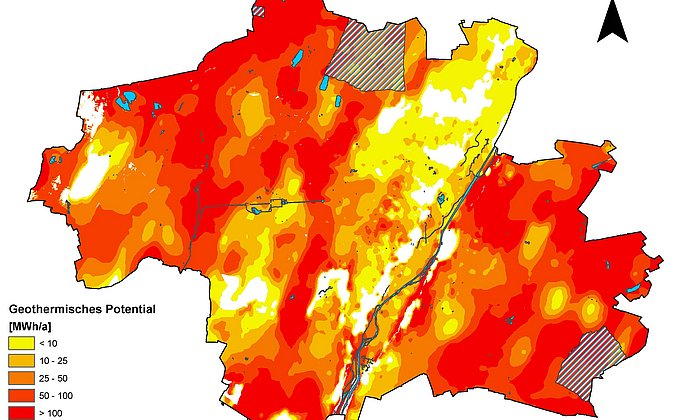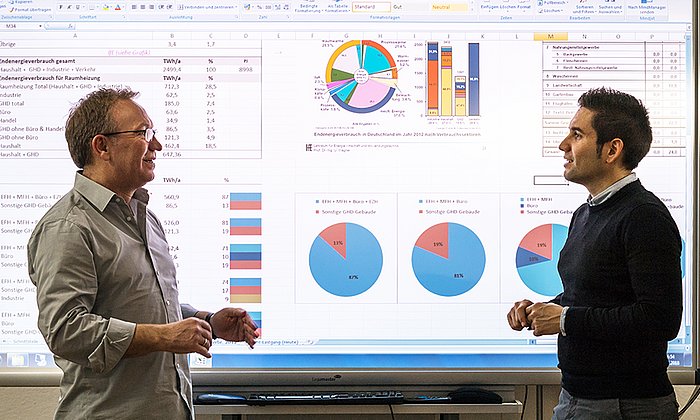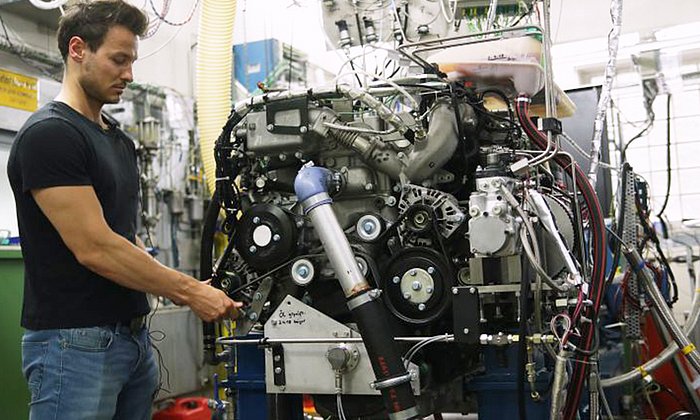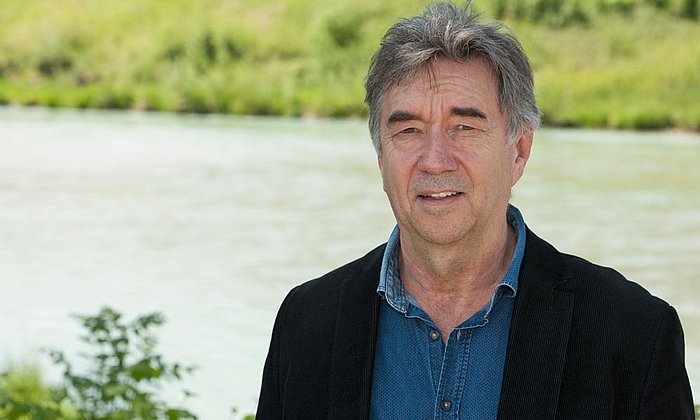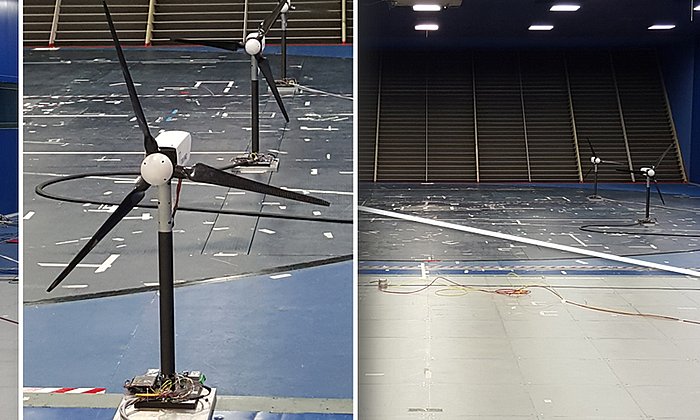State government presents Bavarian hydrogen strategy
TUM + FAU: Bavaria combines forces in hydrogen research

On the road to climate-friendly mobility, hydrogen plays a central role in the Bavarian government's strategy. As an energy source, hydrogen has enormous potential to reduce CO2 emissions. With the strong university partners TUM and FAU and the many leading companies in the state, Bavaria is ideally positioned to utilize the potential of this promising future field.
As a first step, with the support of the state government, TUM and FAU will combine their competencies in cooperation with industry partners to convert their research outcomes quickly and efficiently into real-world solutions.
"Our universities will play an essential role in establishing Bavaria as a leading player in innovative hydrogen technologies," said Hubert Aiwanger, the Bavarian Minister of Economic Affairs. "In particular the Technical University of Munich (TUM), with its competencies in the generation and utilization of hydrogen, and the Friedrich-Alexander-Universität Erlangen-Nürnberg, with its trailblazing research in hydrogen storage, are important partners for industry and the private sector. Their expertise will be expanded in the future through new professorships in hydrogen research. This will enable us here in Bavaria to make optimal use of our strategic advantage as a technology-based business and science landscape."
Seven new research chairs in the field of hydrogen technology
The two universities already have more than 30 research chairs working in hydrogen technology. TUM's strengths lie in such areas as systems and production engineering, electrochemical process engineering and hydrogen storage technology, while FAU has outstanding competencies in chemical, mechanical, electrical and bioengineering as well as economic sciences.
To further bolster the expertise of the TUM and FAU, seven new research chairs will be filled under the auspices of the Hightech Agenda Bayern by the end of 2021. At TUM, this will primarily benefit the areas of chemical process engineering, mechanical engineering and electrical engineering. At FAU, the conditions have been created to attract outstanding researchers in chemical, production, systems and bioengineering as well as economic sciences.
The two universities are also jointly committed to the goal of training graduates as experts in hydrogen mobility. For that purpose, they are developing new teaching concepts and coordinating degree programs with the participating academic departments.
Working together toward the energy transition
"With our concept under the Hightech Agenda Bayern, we at TUM, along with FAU, are facing up to the social responsibility of moving the energy transition forward," said TUM president Thomas F. Hofmann. "With our combined strengths, we will create new synergies to place Bavaria among the leaders in hydrogen technology and train skilled specialists for the structural transformation in Bavaria."
FAU president Joachim Hornegger said that FAU is proud to be partnering with TUM to contribute to the success of Bavarian technological leadership in hydrogen mobility. "Through the concentration of our research fields in an innovative research alliance, researchers at our universities will be positioned even better than before to exchange ideas, adopt joint approaches and ultimately to facilitate the energy transition with outstanding scientific achievements."
Technical University of Munich
Corporate Communications Center
- Stefanie Reiffert
- stefanie.reiffert@tum.de
- +49 (0) 89 105 19
- presse@tum.de
- Teamwebsite


